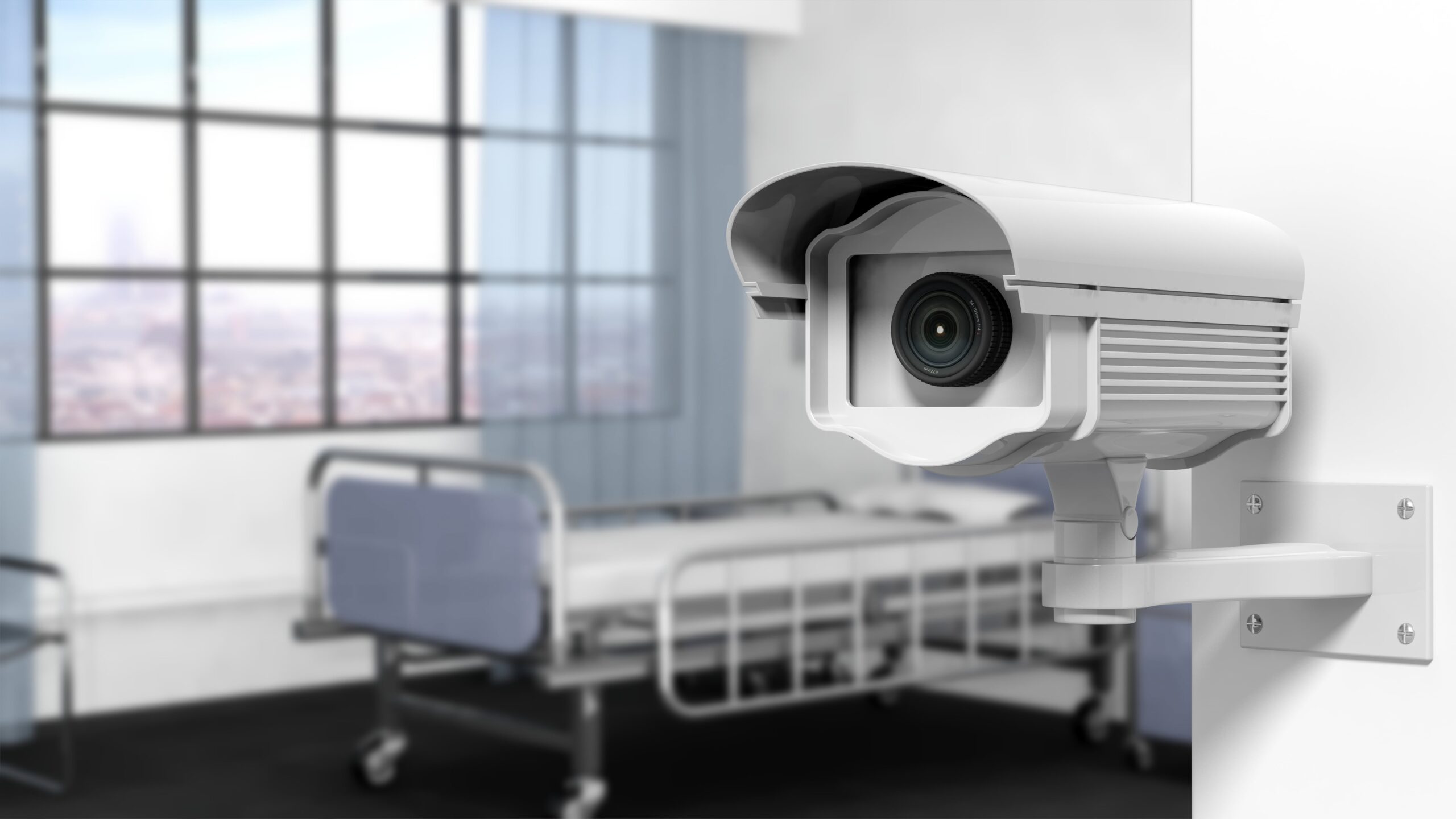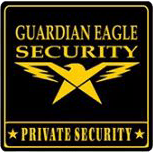In today’s world, ensuring the security of hospitals has become an essential priority. With the rise of potential threats and the need for a safe environment for patients, staff, and visitors, hospital security services play a crucial role. This article delves into the significance of hospital security, focusing on the services offered by Guardian Eagle Security Inc. in Los Angeles, CA.
Table of Contents
Toggle
Understanding Hospital Security
Hospital security involves measures and protocols implemented to safeguard the well-being of patients, staff, and visitors within healthcare facilities. It encompasses various aspects, including physical security, emergency response, and protection against potential threats.
The Role of Hospital Security Services
Hospital security services provided by Guardian Eagle Security Inc. are designed to maintain a secure environment. Their trained professionals ensure the safety of all individuals and assets, minimize risks, and respond effectively to emergencies.
Benefits of Professional Security Services
Engaging in professional security services brings numerous benefits to hospitals. These services offer expertise in risk assessment, implementation of security measures, and ongoing monitoring, reducing vulnerabilities and enhancing overall safety.
Key Areas of Focus for Hospital Security
Hospital security services cover various areas to ensure comprehensive protection. These include:
-
Advanced Surveillance Systems: State-of-the-art camera systems and monitoring technology help detect and deter potential threats.
-
Access Control Measures: Implementing access control systems, such as ID badges, key cards, and biometric authentication, restricts unauthorized access to sensitive areas.
-
Emergency Response and Crisis Management: Well-defined emergency response plans and trained security personnel enable swift and effective action during crises.
-
Security Personnel: Trained and Vigilant: Security officers with specialized training are stationed throughout the hospital to provide a visible security presence and respond to incidents promptly.
Advanced Surveillance Systems
Advanced surveillance systems play a vital role in hospital security. High-resolution cameras strategically placed across the premises monitor entrances, exits, hallways, and parking areas. Real-time monitoring allows for immediate intervention if any suspicious activity is detected.
Access Control Measures
Implementing access control measures is crucial to ensure the safety of patients, staff, and confidential areas. By utilizing ID badges, key cards, and biometric authentication, hospitals can control and restrict access to sensitive areas. This helps prevent unauthorized entry and protects patient privacy.
Emergency Response and Crisis Management
Hospital security services focus on effective emergency response and crisis management. Trained security personnel are equipped to handle various emergency situations, such as medical emergencies, fire incidents, and security breaches. They work closely with hospital staff and local law enforcement to ensure a coordinated response and the safety of everyone on the premises.
Security Personnel: Trained and Vigilant
Having well-trained security personnel is essential for hospital security. These professionals undergo rigorous training programs that cover areas like conflict resolution, emergency procedures, and communication skills. Their presence reassures patients, staff, and visitors, creating a safer environment overall.
Collaboration with Local Law Enforcement
Hospital security services, like those provided by Guardian Eagle Security Inc., collaborate with local law enforcement agencies. This partnership enhances security measures by leveraging the expertise and resources of both parties. Timely communication and coordination help in addressing security concerns effectively.
Importance of Patient and Visitor Safety
Ensuring the safety of patients and visitors is a top priority for hospital security. By implementing access control measures, monitoring visitor activities, and maintaining a visible security presence, hospitals can create a secure environment that fosters trust and promotes healing.
Safeguarding Medical Equipment and Pharmaceuticals
Hospital security services also focus on protecting valuable assets, such as medical equipment and pharmaceuticals. Theft or damage to these resources can disrupt patient care and lead to financial losses. Strict protocols, surveillance systems, and secure storage areas help mitigate these risks.
Mitigating Cybersecurity Risks
In today’s digital age, hospitals face cybersecurity threats that can compromise patient data and disrupt operations. Hospital security services employ robust cybersecurity measures to safeguard sensitive information, including firewalls, encryption, and regular system audits. These measures help protect against data breaches and maintain the integrity of hospital systems.
Compliance with HIPAA and Privacy Regulations
Hospital security services ensure compliance with the Health Insurance Portability and Accountability Act (HIPAA) and other privacy regulations. By implementing secure data storage, access controls, and staff training on patient privacy, hospitals can protect confidential patient information and avoid legal and reputational risks.
Training and Education for Hospital Staff
Hospital security services provide training and education programs for hospital staff to enhance security awareness and response capabilities. These programs cover topics such as recognizing and reporting suspicious activities, handling emergencies, and maintaining a secure environment. Well-informed staff members contribute significantly to overall hospital security.
Conclusion
Hospital security is of utmost importance in ensuring the safety and well-being of patients, staff, and visitors. By partnering with professional security services like Guardian Eagle Security Inc., hospitals in Los Angeles, CA can benefit from comprehensive security measures, advanced surveillance systems, well-trained personnel, and effective emergency response. Prioritizing hospital security not only protects valuable assets but also instills confidence and peace of mind in patients and their families.
Frequently Asked Questions (FAQs):
-
What are the common security challenges faced by hospitals?
- Hospitals often face challenges like theft, violence, unauthorized access, and cybersecurity threats. Professional security services help address these challenges effectively.
-
How do hospital security services contribute to patient safety?
- Hospital security services implement access control measures, surveillance systems, and trained personnel to ensure patient safety, prevent incidents, and respond swiftly during emergencies.
-
Can hospital security services collaborate with local law enforcement agencies?
- Yes, hospital security services collaborate with local law enforcement to enhance security measures, improve response times, and effectively handle security incidents.
-
How do hospital security services protect patient privacy?
- Hospital security services implement access control measures, secure data storage, and staff training on patient privacy to protect confidential information and ensure compliance with privacy regulations like HIPAA.
-
What steps can hospitals take to mitigate cybersecurity risks?
- Hospitals can mitigate cybersecurity risks by implementing robust cybersecurity measures such as firewalls, encryption, regular system audits, and staff training on data security best practices.
By addressing these frequently asked questions, we aim to provide a comprehensive understanding of hospital security and its importance in maintaining a safe and secure healthcare environment.
